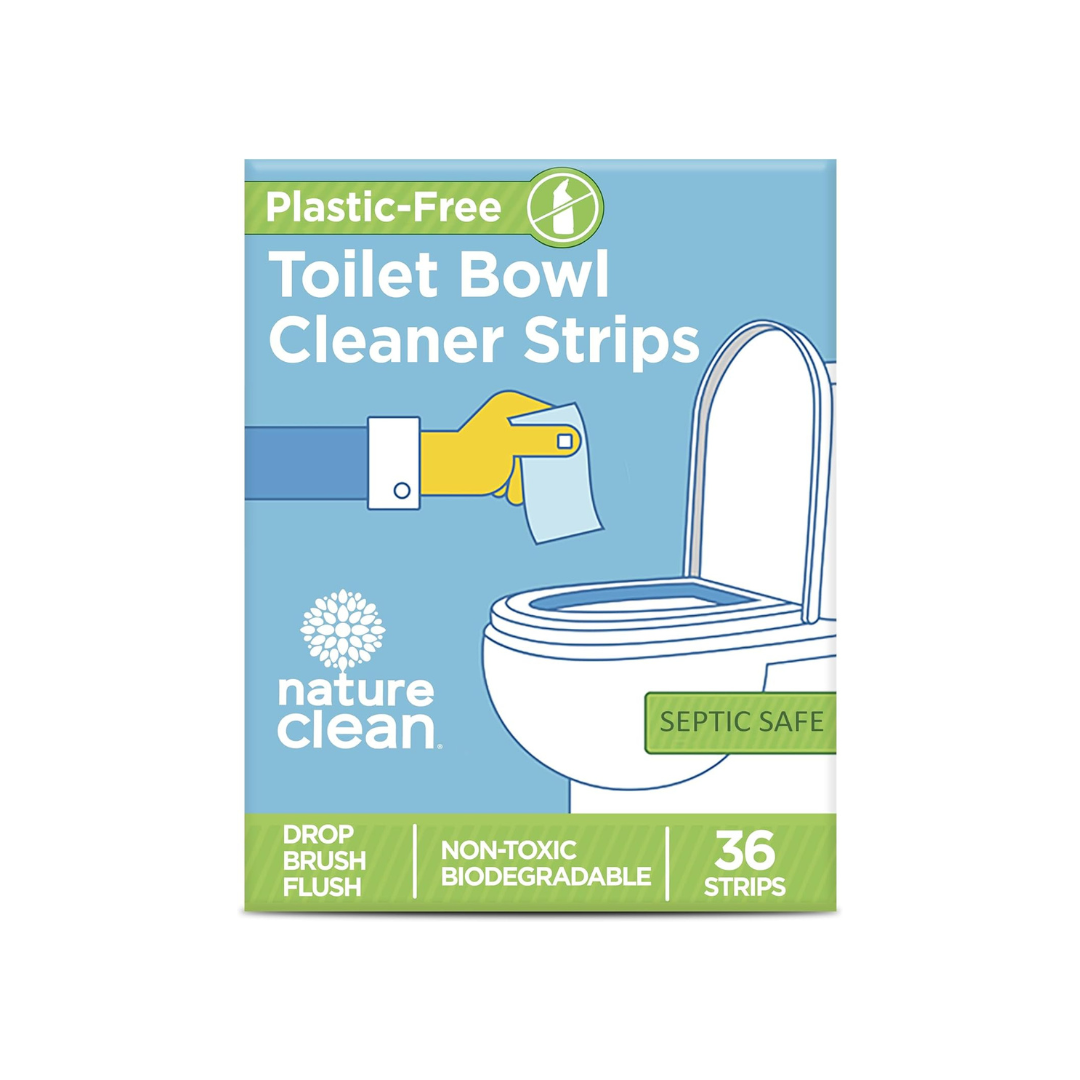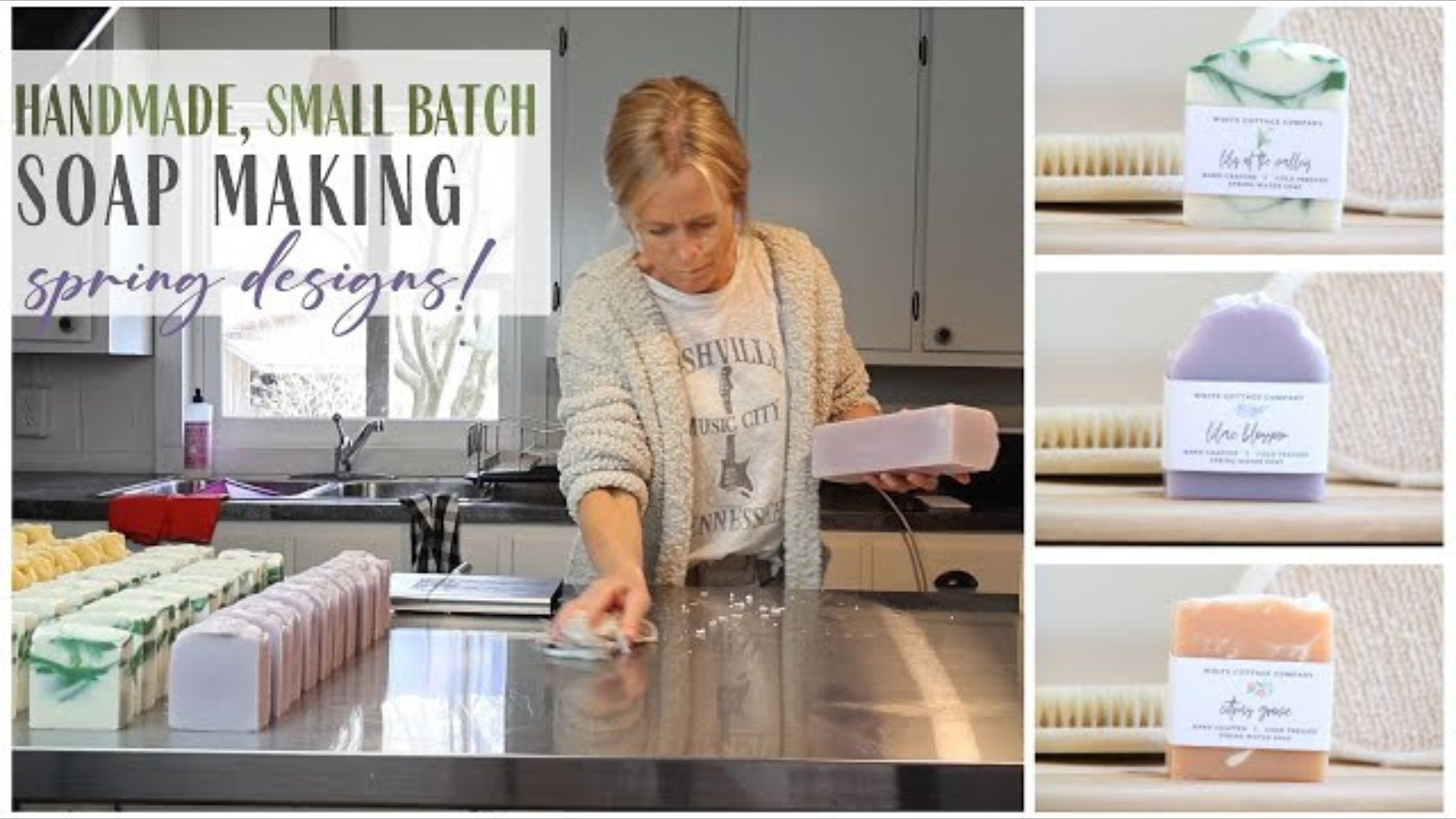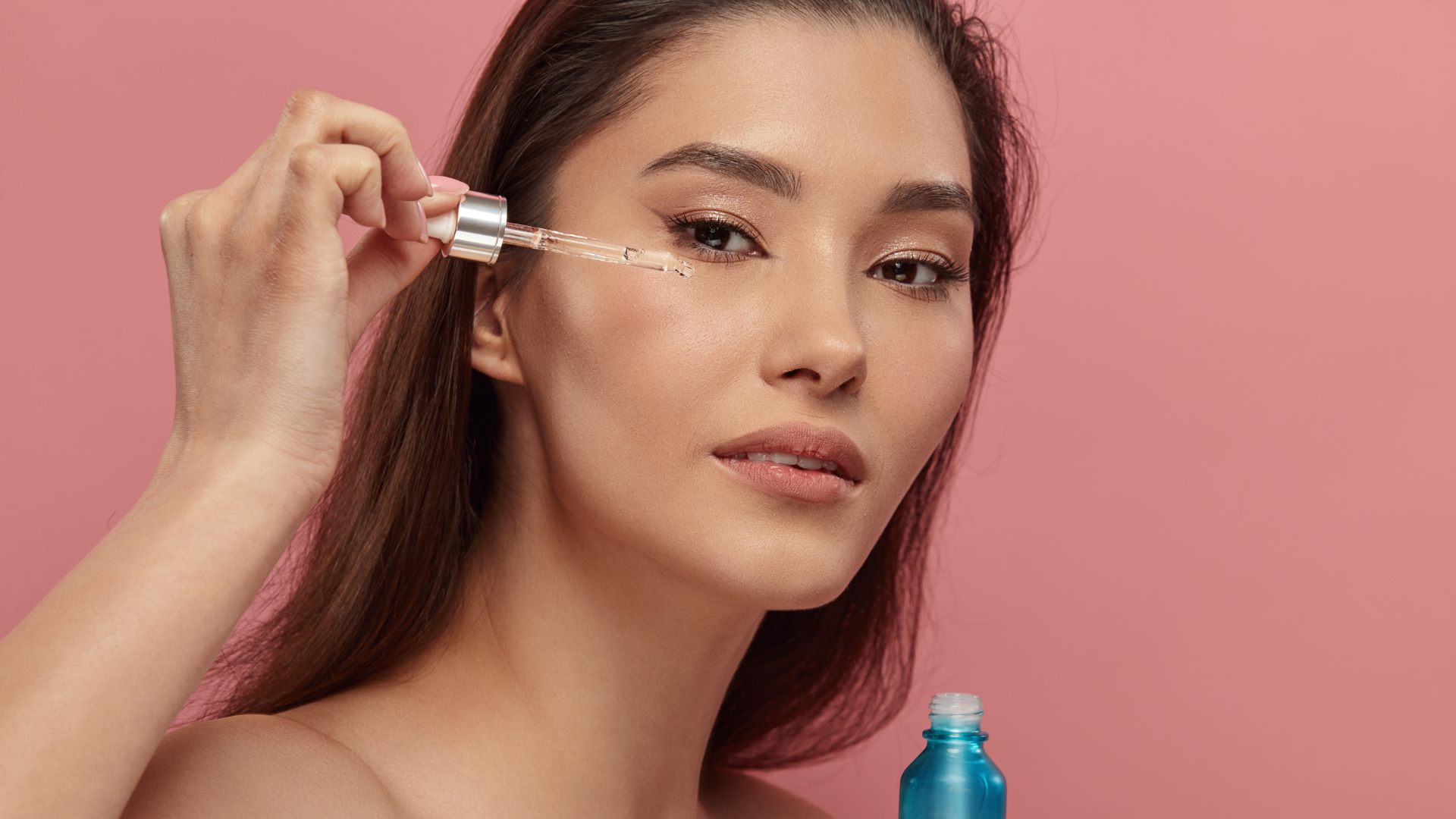Breaking down the difference in labeling.
When browsing the aisles of personal care products, it’s easy to feel overwhelmed by the sheer number of options and labels. Among the most common—and often misunderstood—are the terms "fragrance-free" and "unscented." While they might appear interchangeable at first glance, these labels represent distinct differences that can significantly impact your health, skin, and overall well-being.
Understanding these distinctions is not just a matter of semantics. Choosing the wrong product can lead to unintended consequences, especially for individuals with sensitive skin, allergies, or a commitment to using safer, more sustainable products. At Sustai Market, we prioritize transparency and sustainability in every product we feature. By using tools like the Sustai Score and Sustai Badges, we empower our customers to make informed, eco-conscious decisions.
This article dives deep into the nuances between fragrance-free and unscented labeling, helping you navigate the complexities of personal care product terminology with confidence.
Why Product Labeling Matters in Personal Care
Personal care product labels are more than just marketing—they are a legal requirement designed to inform consumers about what they’re using on their skin, hair, and body. However, interpreting these labels can be challenging, especially when terms are similar but carry different implications.
A Brief History of Labeling Standards
In recent decades, governments and regulatory bodies have introduced stricter rules to improve transparency in labeling. In the U.S., for instance, the FDA oversees cosmetic labeling, while similar agencies in the EU enforce regulations aimed at protecting consumer health. Despite these efforts, terms like "fragrance-free" and "unscented" remain ambiguous for many shoppers.
Common Misconceptions
One of the most pervasive misconceptions is that “unscented” implies the absence of any fragrance components. This isn’t necessarily true. Similarly, "fragrance-free" products might still have a faint smell, leading some to believe they contain hidden fragrances when they don’t.
Why It Matters
For consumers with allergies, sensitive skin, or a preference for natural products, understanding the subtle differences in labeling is critical. Misinterpreting these terms could result in using products that trigger adverse reactions or don’t align with one’s values or needs.
Defining the Terms: Fragrance-Free and Unscented
To make informed choices, it’s crucial to understand what these terms truly mean.
What Does “Fragrance-Free” Mean?
A product labeled as "fragrance-free" contains no added fragrances—either natural or synthetic. This doesn’t mean the product is completely odorless; its smell may come from the raw ingredients used in the formulation.
Benefits of Fragrance-Free Products:
-
Ideal for Sensitive Skin: Fragrance-free products reduce the risk of irritation, redness, or allergic reactions.
-
Allergy-Friendly: Many people are sensitive to fragrance compounds, making fragrance-free options safer.
-
Sustainability Factor: By avoiding synthetic fragrances, these products are often less harmful to the environment, particularly aquatic ecosystems.
What Does “Unscented” Mean?
An "unscented" label means the product has no discernible scent, but it may contain masking agents or neutralizers to cover up the natural smell of the raw ingredients. These agents often don’t provide any functional benefit but help make the product more palatable for consumers.
Key Takeaways:
-
Unscented products may still include fragrance-like components.
-
They are not always suitable for individuals with fragrance sensitivities.
The Role of Fragrances in Personal Care Products
To better understand why these labels exist, it’s important to look at why fragrances are added to personal care products in the first place.
Why Are Fragrances Added?
Fragrances are included for various reasons:
-
Consumer Appeal: Products that smell good are often perceived as more effective or enjoyable to use.
-
Odor Masking: Fragrances can neutralize the natural smell of raw ingredients, which may be unpleasant.
-
Brand Identity: Some brands use signature scents as a hallmark of their products.
Types of Fragrances
-
Natural Fragrances: Derived from essential oils, flowers, or other plant-based sources. While these are considered “cleaner,” they can still cause irritation in sensitive individuals.
-
Synthetic Fragrances: Made from chemical compounds, these are often less expensive and more stable than natural alternatives but can include harmful ingredients like phthalates.
Potential Concerns with Fragrances
-
Skin Sensitivity: Fragrances, both natural and synthetic, are among the most common allergens found in personal care products.
-
Health Risks: Certain synthetic fragrance compounds, like phthalates, have been linked to hormonal disruptions and other health concerns.
-
Environmental Impact: Fragrance ingredients can contribute to air pollution and are often not biodegradable, causing harm to aquatic life.
Why Understanding These Labels is Important for Skin Health
Skin is the body’s largest organ, and what we apply to it can have profound effects on our health and well-being. When it comes to personal care products, especially those labeled “fragrance-free” or “unscented,” understanding the nuances of these terms can help protect your skin and minimize adverse reactions.
Skin Sensitivities and Fragrance Exposure
-
Fragrances are among the leading causes of contact dermatitis, a skin condition characterized by redness, itching, and inflammation.
-
For individuals with eczema, rosacea, or psoriasis, even small amounts of synthetic or natural fragrances can exacerbate symptoms.
Choosing Fragrance-Free Products for Sensitive Skin
Fragrance-free products are often recommended for those with sensitive or allergy-prone skin. Without added fragrances or masking agents, these formulations reduce the risk of irritation.
The Role of the Sustai Score and Badges
At Sustai Market, products labeled fragrance-free undergo rigorous evaluation to ensure they meet our sustainability and safety standards. The Sustai Score highlights their environmental and health impact, while Sustai Badges signal allergy-friendly and eco-conscious options.
Examples of Skin Care Products to Consider
-
Fragrance-free moisturizers with simple, non-comedogenic formulas.
-
Gentle cleansers designed to balance the skin’s natural barrier.
-
Sunscreens that rely on physical UV blockers rather than chemical fragrances.
For more insights into selecting skin-friendly products, visit our Health & Wellness Blog.
Fragrance-Free vs. Unscented in Hair Care
Hair care products, including shampoos, conditioners, and styling products, often contain fragrances to enhance their appeal. However, these fragrances can pose challenges for individuals with sensitive scalps or those seeking a more sustainable routine.
How Fragrances Affect Hair and Scalp Health
-
Irritation and Sensitivity: Synthetic fragrances in hair care products can cause itching, flakiness, and even allergic reactions on the scalp.
-
Build-Up: Masking agents in unscented products can accumulate on the scalp and hair, potentially leading to dullness or greasiness.
Fragrance-Free Hair Care Products: A Safer Alternative
Choosing fragrance-free shampoos and conditioners can help maintain scalp health without compromising hair texture or appearance. Look for products made with plant-based cleansers and free of synthetic additives.
Sustainable Hair Care Solutions at Sustai Market
Many of the hair care options available at Sustai Market are both fragrance-free and environmentally friendly. They are packaged sustainably, feature biodegradable ingredients, and avoid high-risk chemicals like parabens and sulfates.
Fragrance-Free and Unscented in Oral Care Products
While oral care products like toothpaste and mouthwash might not seem like candidates for fragrance-related concerns, the presence of flavors and scent-masking agents makes understanding their labels equally important.
Fragrance and Flavor in Oral Care
-
Many toothpastes and mouthwashes contain artificial flavors that are chemically similar to synthetic fragrances.
-
These additives can irritate the mouth lining or exacerbate conditions like canker sores.
Choosing Safer Oral Care Options
-
Look for toothpaste labeled fragrance-free or unflavored, particularly if you experience oral sensitivity.
-
Mouthwashes without added flavors or alcohol are ideal for those prone to dryness or irritation.
Sustai Market’s Oral Care Recommendations
Our curated oral care collection includes fragrance-free options that prioritize natural, non-irritating ingredients while adhering to our sustainability standards.
Practical Tips for Making Informed Choices
Understanding the difference between fragrance-free and unscented is just the first step. Here are practical tips to help you make smarter, more sustainable choices:
-
Read the Ingredient List
-
Look for terms like “masking fragrance” in unscented products, which indicate the presence of neutralizers.
-
Reconsider products with vague terms like “fragrance” or “parfum,” as these often conceal synthetic compounds.
-
-
Test Products on a Small Area
-
Before incorporating a new product into your routine, conduct a patch test to ensure it doesn’t irritate your skin or scalp.
-
-
Look for Certifications and Scores
-
Products with third-party certifications for being hypoallergenic or allergy-tested are often safer choices.
-
Use tools like the Sustai Score to evaluate a product’s overall impact.
-
-
Prioritize Multi-Use Products
-
Simplify your routine by choosing multi-functional products that are fragrance-free, reducing the number of items in your regimen.
-
Sustainability and the Fragrance Debate
Beyond personal health, choosing fragrance-free products aligns with a broader commitment to sustainability. Synthetic fragrances are often derived from petrochemicals, contributing to pollution during both production and disposal. By selecting fragrance-free or unscented products, consumers can reduce their environmental footprint.
Sustai Market’s Approach
Our mission is to offer products that are safe for consumers and the planet. Fragrance-free options in our store not only minimize health risks but also reflect our dedication to sustainable living.
Our Purpose
Understanding the distinctions between fragrance-free and unscented products is essential for making informed decisions about your personal care routine. While both terms serve specific purposes, knowing their differences can help you avoid allergens, maintain healthier skin and hair, and reduce your environmental impact.
Explore more expert advice and curated product recommendations on our Personal Care & Beauty Blog and Sustainable Living Blog. At Sustai Market, we’re here to empower your journey toward healthier, more sustainable living.


















